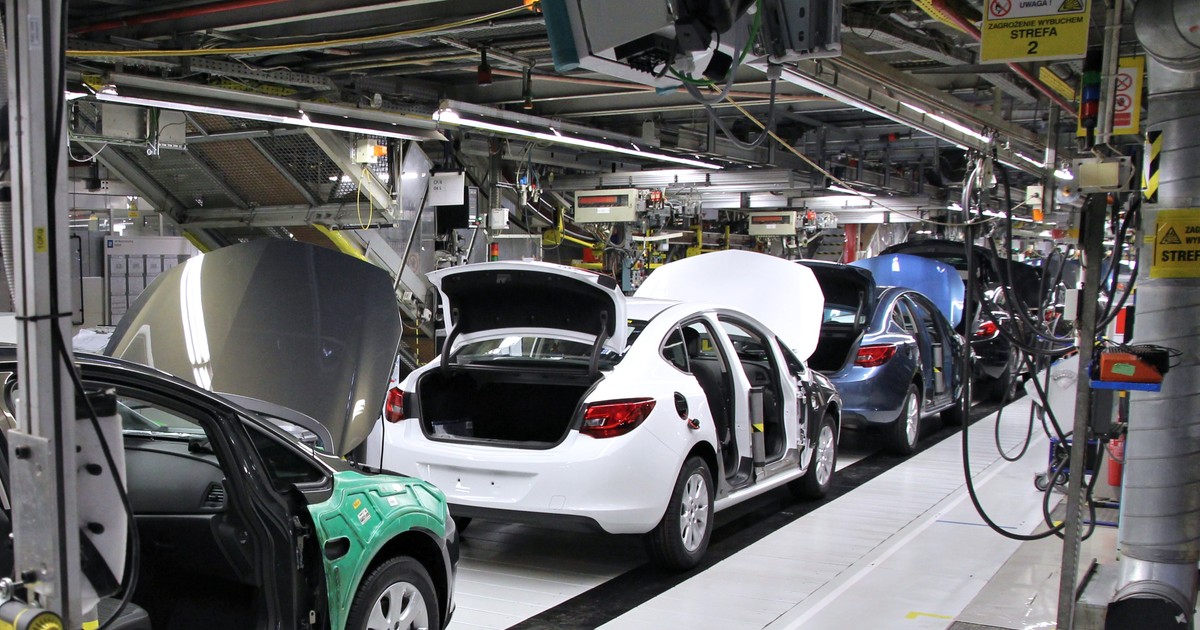Business Insider Edition
Given its position as one of Africa’s top vehicle markets, Kenya’s automobile sector has recorded incredible strides in recent months, and its performance in the first half of the year has been nothing short of outstanding.
The East African country’s first-half performance in 2025 represents a significant turnaround from the same period in the last two years.
6,723 vehicle units were assembled in Kenya during the first half of the year, up 16.4% from 5,778 units in H1 2024.
DON’T MISS THIS: Top automobile manufacturers in Africa
The first half of 2022 and 2023 produced 7,450 and 6,682 units, respectively.
In the review period the figures remained over 1,000 units since March after reaching 1,135, it fell slightly to 1,014 in April, and rebounded to 1,256 in May, in June the volume came in at 1,080.
Kenya’s vehicle assembly sector’s recovery is a result of new incentives from the government, including tariff exemptions for imported parts.
The new policy was put in place to attract foreign investors, which seems to be working, as Japan recently committed to extending up to 25 billion yen ($169 million) in Samurai financing to Kenya to support the country’s vehicle assembly and energy sectors.
Kenya’s Foreign Affairs Minister Musalia Mudavadi and Nippon Export and Investment Insurance (NEXI) CEO Atsuo Kuroda, spearheaded the agreement.
“This facility will strengthen our local vehicle assembly and parts manufacturing industry while also addressing electricity transmission and distribution losses, currently standing at about 23% of our national output,” Mudavadi said in a post on X.
According to the Kenyan Wall Street, the country’s auto assembly industry has recently implemented some impressive projects, such as a plan by AVA Mombasa that calls for CFAO Motors to start local production of the Toyota Fortuner with the aim of producing 350 vehicles in the first year and creating 600 jobs.
With an emphasis on green mobility and technology transfer, other efforts include a renewed partnership with Germany that brought Volkswagen models, like the Touareg and Tiguan, back to local assembly at Kenya Vehicle Manufacturers in Thika.
SEE ALSO: Burkina Faso joins Africa’s electric vehicle market with launch of new EV brand
Both MojaEV and Spiro revealed plans to build new EV assembly lines in Kenya. MojaEV hopes to produce 1,500 vehicles a year, while Spiro plans to build two factories by 2025.
Thanks for signing up for our daily insight on the African economy. We bring you daily editor picks from the best Business Insider news content so you can stay updated on the latest topics and conversations on the African market, leaders, careers and lifestyle. Also join us across all of our other channels – we love to be connected!
© 2025 africa.businessinsider.com











